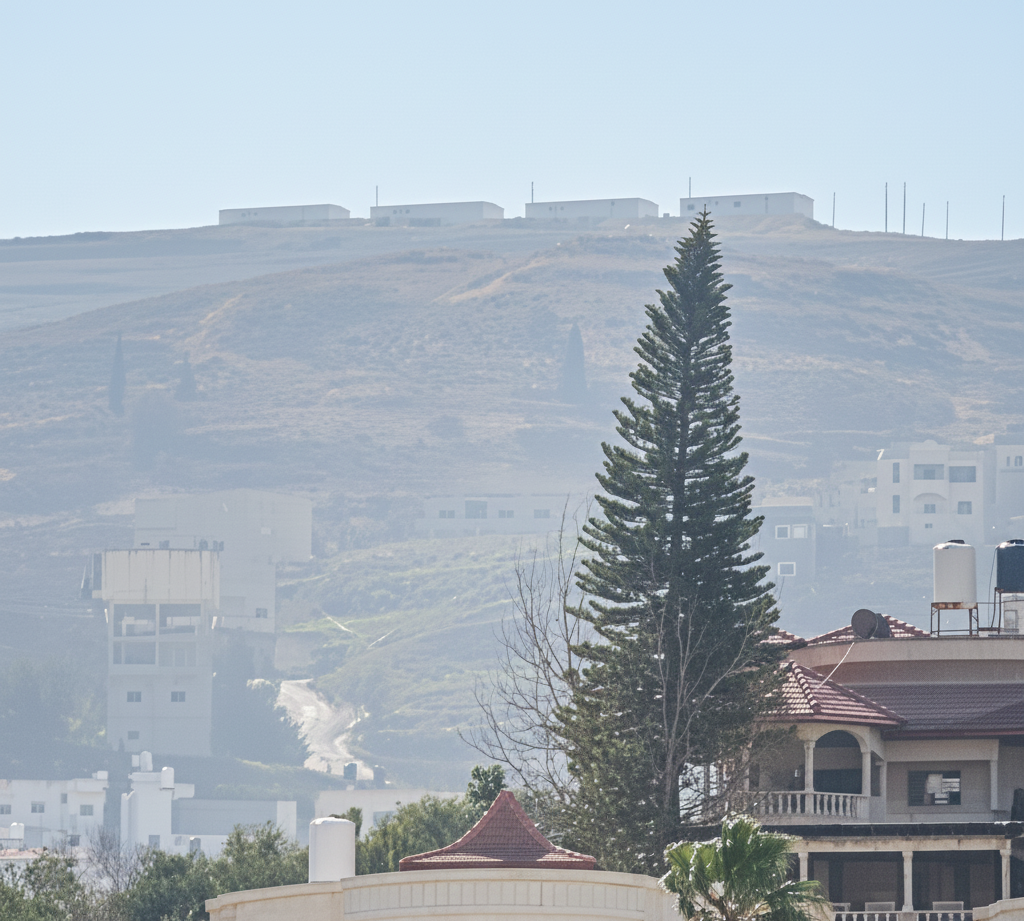By Reem Qadan
RAMALLAH, March 1, 2012 (WAFA) – Hasan Abu Hnoud, owner of Dar al-Bina' contracting company, had to fire all his 72 employees because the Palestinian Authority (PA) did not pay him dues estimated at $6 million since 2010.
Abu Hnoud put all his company's equipment up for sale and plans to move his operation to Libya to pursue his livelihood in what he believes is a better job market.
Dar al-Bina' is one of 450 contracting companies in the Palestinian Territory suffering from the acute financial crisis that has been facing the Palestinian Authority for the past two years, which is threatening to bring down the entire contracting sector.
Adel Odeh, head of the Palestinian Contractors Union in the West Bank, said the PA has stopped paying contractors in mid 2010 for jobs they have been doing for it. Despite numerous and repeated promises to pay the full debt, the PA paid only 30% of its debt in May 2011 and around 35% in October, all estimated at around $40 million.
The paid money covered only a part of the government debt to contractors up to mid 2010, said Odeh, adding that the PA owes around $100 million in construction cost and tax rebate to over 100 contracting companies for unpaid dues since late 2010.
The ramifications of the crisis were not pretty. Several companies announced bankruptcy; around dozen companies moved their business to Arab countries, such as Libya, Sudan and Iraq; while others closed their doors until further notice.
As if this was not enough, the Palestinian Monetary Authority (PMA) blacklisted several contracting companies due to inadequate financial credit.
Odeh, furious about the PMA action, said 'the PMA is part of the PA…The government did not pay us and punished us for something that is not our fault.'
Attempts were made to approach the PA and remove the contracting companies from the blacklist, but to no avail, he added.
Perhaps the prime catastrophic outcome of the contractors’ crisis was the layoff of thousands of workers, adding to the already high numbers of unemployed in Palestine.
'The contracting sector employed around 55,000 workers between 2009 and 2010,' said Odeh. 'Now it employs around 10,000 workers and we expect that number to decrease to 5000 if the situation continues as it is.'
The effect of the crisis extends to influence employment of technicians and engineers as well as supplies from factories. It goes to affect the real estate sector as property investment decreased by half in the end of 2011 and beginning of 2012.
Odeh further stressed that contracting companies pay the lion's share of the PA's monthly tax revenues on imports, which ultimately contributes to the government monthly income.
Commenting on the situation, government spokesman Ghassan Khatib said the contractors are entitled to their demands and the government is working feverously to meet its financial obligations.
'The reason for not paying the contractors is not stalling,” he said. “It's the PA's difficult financial conditions,' stressed Khatib.
With the contracting sector working as Palestine's main economic engine, employing 25% to 30% of the Palestinian labor force and accounting to 26% of the gross national income, the ramifications of it collapsing would affect the entire Palestinian community, warned Odeh.
The contractors’ union considered suing the government for the money, but decided against it fearing it would most likely take years of legal haggling before anything is resolved.
'We need an immediate and strategic solution to the problem,' said Odeh.
He said the union gave the PA an ultimatum till Sunday to pay the full dues to the contractors. If the government fails to meet this deadline, the union is going to escalate its protests by boycotting all government tenders and organizing sit-ins and demonstrations outside the prime minister’s Ramallah office. They may even go on an open-ended hunger strike.
R.Q./M.S.













